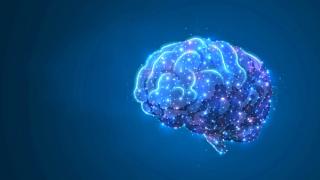
Digital Therapeutics
Latest News
Latest Videos
CME Content
More News
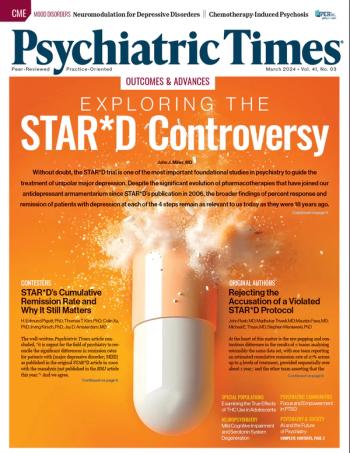
The experts weighed in on a wide variety of psychiatric issues for the March 2024 issue of Psychiatric Times.

Here's how a good online reputation can help clinicians provide a positive patient experience.

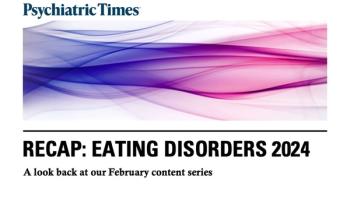
Here’s a look back at selections from our February content series on eating disorders.

How do the 4 major chatbots compare for psychiatrists and mental health professionals?

Exploring the intersection of psychiatry and work.

These partnerships aim to address the mental health needs of underserved populations, including individuals with clinical depression, anxiety, and mood disorders.

From pain and suicidality in patients with depression to digital mental health interventions for adolescents with eating disorders, here are highlights from the week in Psychiatric Times.

Our new column on AI in psychiatry explores the future of mental health care.

AI is evolving and changing the landscape of medicine and psychiatry. Here’s how clinicians can understand AI’s potential for psychiatry as well as its limitations.

The device is now available at 2 US clinics, with training and installation currently underway at several other locations.

The device is currently under clinical trial investigation as an adjunct treatment to standard of care therapy for experiential negative symptoms of schizophrenia.
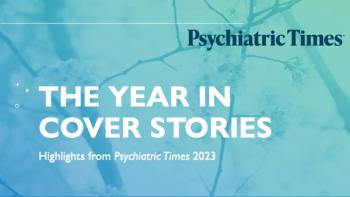
Here are highlights from some of the year’s top features in Psychiatric Times from throughout 2023.

From new guidelines for the utilization of artificial intelligence in health care to the efficacy of fish oil as a replacement for antidepressants, here are highlights from the week in Psychiatric Times.
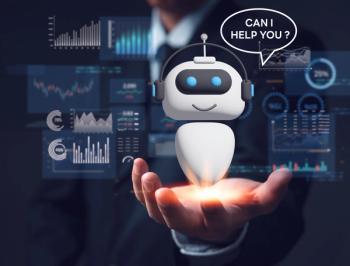
The ATA published these principles “to ensure trustworthy development, integration, and utilization of AI in order to maximize its potential benefits as a meaningful tool for patients and providers.”

From adjunctive cariprazine for the treatment of major depressive disorder to a new app for prescribing antidepressants and antipsychotics, here are highlights from the week in Psychiatric Times.

The Psymatic Treatment Optimizer facilitates selecting agents ranked by adverse-effect profile with consideration of patient preference and tolerance.

From deep brain stimulation for treatment-resistant schizophrenia to a look at the potential trajectory of artificial intelligence in psychiatry and medicine, here are highlights from the week in Psychiatric Times.

Here’s how placing current debates within historical context can help us better understand the potential trajectory of artificial intelligence in psychiatry and medicine.

What is new in research on depression?
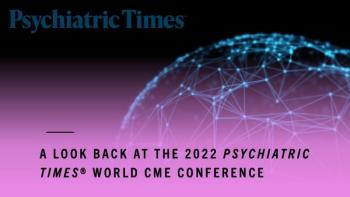
Get ready for our upcoming virtual, interactive conference with some highlights from 2022.

Here's how medical practitioners and researchers can influence AI reasoning and influence in the future of AI development and deployment.

From the efficacy of adjunctive TMS for treatment-resistant major depression to a look at adult ADHD, here are highlights from the week in Psychiatric Times.

From cannabis use disorder and schizophrenia to social media use and youth mental health, here are highlights from the week in Psychiatric Times.
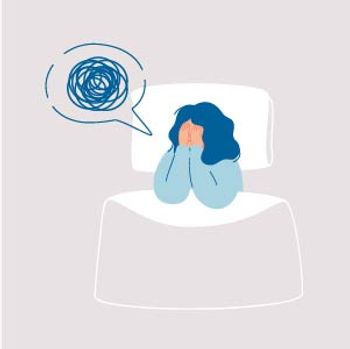
The study explored the intervention’s effects using both quantitative and qualitative methods.










